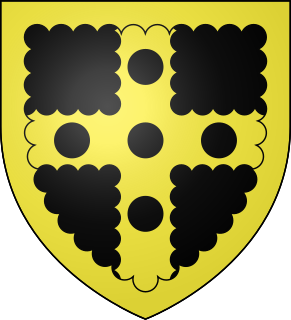A Quote by Linus Torvalds
Often your 'fixes' are actually removing capabilities that you had, because they were 'too confusing to the user'. GNOME seems to be developed by interface Nazis, where consistently the excuse for not doing something is not 'it's too complicated to do', but 'it would confuse users'.
Related Quotes
Developing fewer features allows you to conserve development resources and spend more time refining those features that users really need. Fewer features mean fewer things to confuse users, less risk of user errors, less description and documentation, and therefore simpler Help content. Removing any one feature automatically increases the usability of the remaining ones.
I went to department stores, and there was nothing that I really loved. All the shoes were too complicated, too crazy, too ridiculous, too extreme. The platforms were so high; the shoes were so ugly, covered in crystals and feathers and crap. I just thought, 'Maybe somebody wants a beautifully simple, sexy shoe that they can actually walk in.'


































